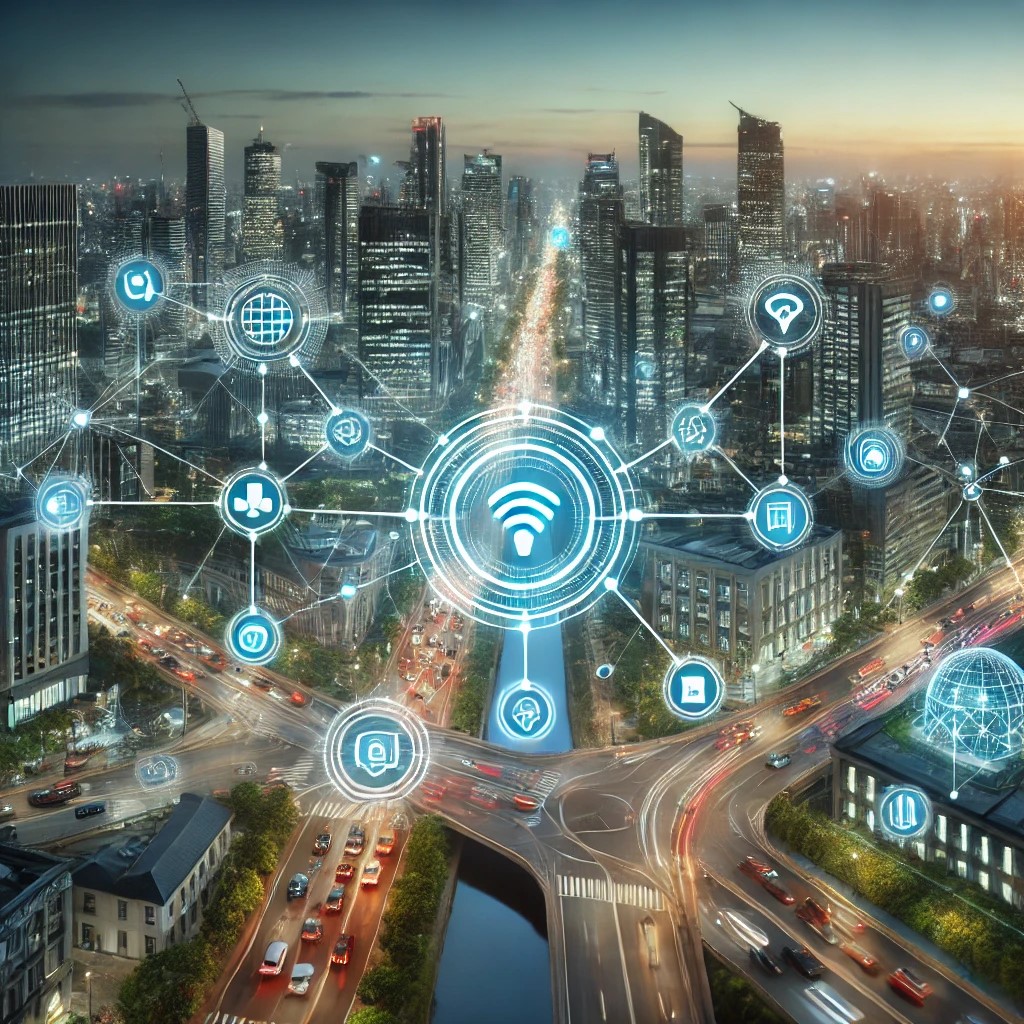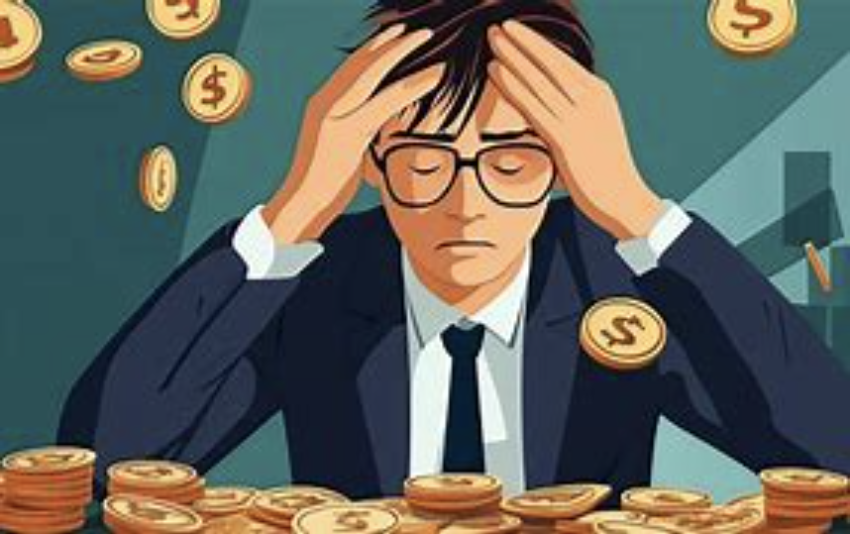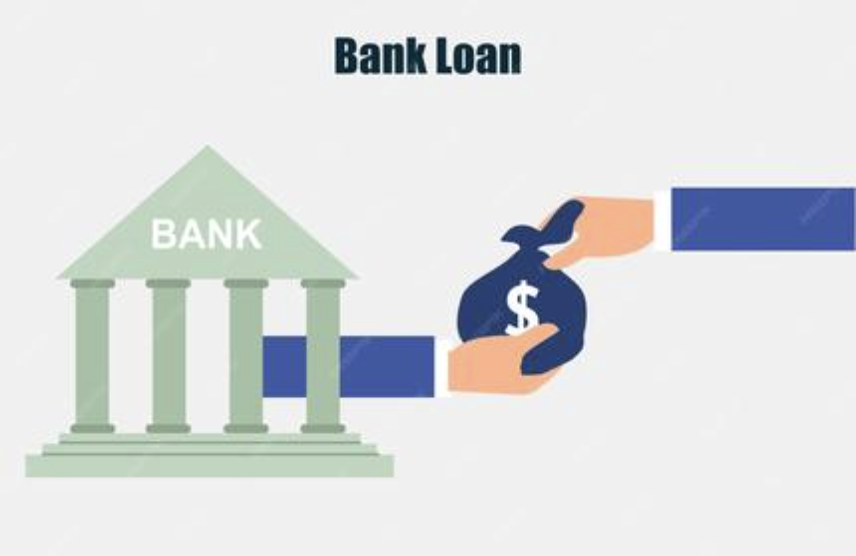Government policy and intervention play a pivotal role in shaping the economic landscapes of nations. From enacting legislation to investing in infrastructure, the government's influence on economic development is profound and multifaceted. This article delves into how governmental actions affect economic growth, explores current trends in government economic strategies, and speculates on future developments.

Government’s Role in Economic Fundamentals
Regulation and Policy: Governments set the legal and regulatory frameworks that govern economic activities. They regulate markets, enforce property rights, and maintain the rule of law, which are essential for a stable economic environment. This regulation can also include labor laws, environmental protections, and consumer rights, balancing the interests of different stakeholders.
Infrastructure Development: Public investment in infrastructure such as roads, schools, hospitals, and digital networks is crucial for economic development. These investments facilitate business operations, improve productivity, and enhance the quality of life, making a region more attractive for investment.
Fiscal and Monetary Policies: Through fiscal policies involving taxation and government spending, and monetary policies impacting interest rates and currency valuation, governments manage economic performance. These tools are used to control inflation, steer public investment, and stimulate economic growth.

Current Trends in Government Economic Involvement
Increased Focus on Sustainable Development: Governments worldwide are prioritizing sustainable economic policies that foster long-term environmental health and social equity. This includes investments in renewable energy, regulations aimed at reducing carbon emissions, and programs designed to ensure economic opportunities are widely and fairly distributed.
Digital Transformation: In response to the digital revolution, governments are increasingly involved in developing digital infrastructure and regulations. This includes everything from broadband expansion to cybersecurity laws, aiming to boost digital connectivity and security as critical components of modern economic development.
Public-Private Partnerships (PPPs): To efficiently harness the strengths of both sectors, governments are increasingly engaging in PPPs. These collaborations are used to fund and operate projects that might be too expensive or complex for private entities to handle alone, such as large-scale transport infrastructure or public health initiatives.

Future Predictions for Government Involvement in Economic Development
Greater Emphasis on Inclusive Growth: Future government initiatives are likely to focus more on inclusive growth that addresses income disparities and provides equitable economic opportunities. This shift is driven by growing awareness of the socio-economic divides that can undermine social cohesion and economic stability.
Adaptation to Global Economic Shifts: As global dynamics evolve, with issues like aging populations in developed countries and young, growing workforces in developing nations, government policies will need to adapt. This might include rethinking social security systems, immigration policies, and international trade policies.
Conclusion
The role of government in economic development is crucial and constantly evolving. By setting policies that ensure economic stability, investing in essential public goods, and fostering a fair and sustainable economic environment, governments can effectively stimulate development and improve the welfare of their citizens. As we move forward, the challenge will be to adapt these strategies to the changing global landscape, ensuring robust economic growth that is sustainable, inclusive, and forward-looking.






